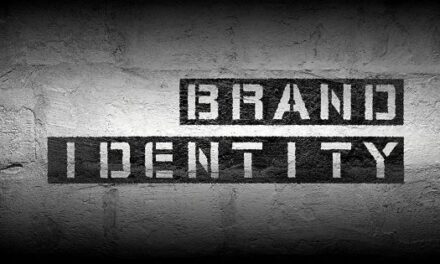Soft skills training that worked so well for baby boomers is now missing a generation – the millennials want more, they seek their own personal brand. The millennials find soft skills too generic and too passive.
This is happening whether they are at school, university, starting a new job, building a business or already on the way up – they see brand communication adding real value, and seek out organisations that respect the unique brand of each employee, while finding unity around the organisational brand too.

They also want communication and training to be in the form they are used to – this device savvy generation has shifted to online learning and to communicating via multiple devices as well as in person. Leaders need to be able to communicate in the same way – especially shifting to short, sharp and honest messages.
Core values important to business
For many businesses, another challenge is that the millennials see good core values playing a more important role in personal brand than many realise. They have learnt from many of the best known innovative leaders – think of Branson and Jobs in the west, Tata and Birla in India – who have experienced failure or setback and then changed the way they saw themselves and worked hard – much harder – on personal communication. They all combined good values and effective communication.
What are these good values to underpin a personal brand? My suggestions:
- Generosity – giving time, contributing, thinking of others, being present, listening
- Ethics – do no harm, act for the good – what are my intentions?
- Patience – acceptance of what presents, allow failure or imperfection
Boomers in the west were never sure about the role of values and even reluctant to discuss these with their children. Indian and many Asian business leaders give high priority to passing on values. Millennials everywhere have a strong interest in authenticity and values.
Kindness is such an important part of authenticity in the world view of Millennials – and as the Dalai Lama has said: “Whenever possible be kind to others – it is always possible”.
The experience of many business owners today is reflective of baby boomer experience, where too many boomers had careers and lives where they were effectively stuck in a box of “self-imposed limitations”.
This is the old classic safe and secure approach to careers and life – a box that feels safe and secure. I know about the box – after years of success at the top, our business collapsed and I found myself in the box – and in life restricting roles that were not the real me. I had closed down connection with others – so, communication was my way of breaking out. To attract and retain millennials, older business owners need to open up, break out of their comfort zone and show a different style and substance of leadership.
Communicating this personal brand has three major steps:
- Talk – it seems safe to be silent but you build connection when you talk
- Listen – deep listening – silent – respect – When you talk, you only communicate something you already know – when you listen you might learn something new
- Connect – see communication as a real open sharing between you and others – wishing for the happiness and success of everyone around you – takes you out of the small world of “me”
The millennials understand one key secret about the modern world – it is not enough to be very good at what you do. In addition to being the best at what you do, you have to have an impact on those you serve and this comes down to improving your communication and personal brand. Whether the business is engineering, hospitality, finance, professional services, sales or health, the new rules of engagement mean you have to project a brand.
Millennials also want to learn online – they are device savvy and the old classroom training model is passing them by.
My final piece of leadership branding advice is about courage, and is based on the best I have met in India and in the west – if you have the courage to go against the flow and build your leadership on strong values such as generosity, ethics and patience – then your personal brand communication is seen as truth, friendship and inspiration.



















